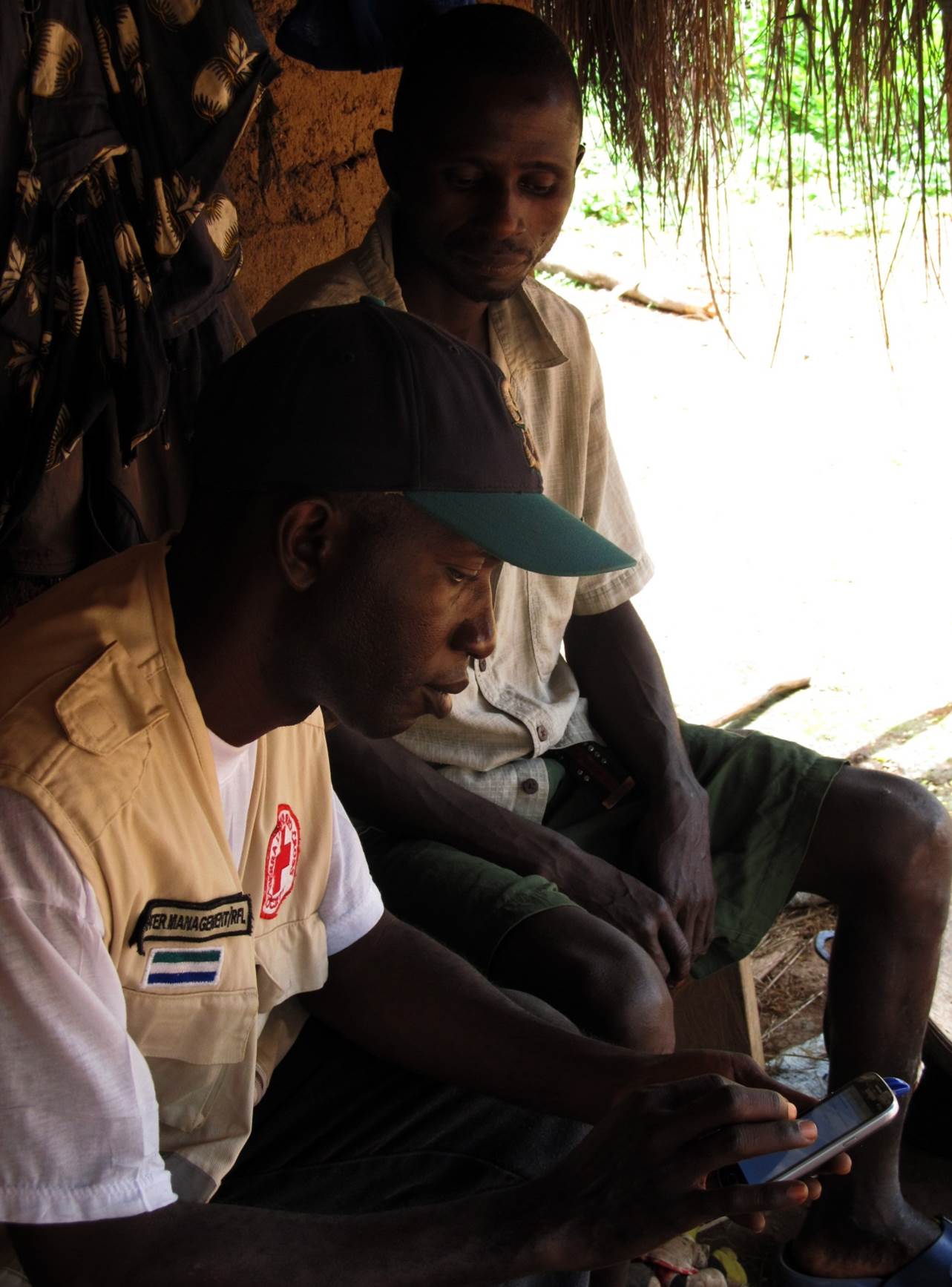PREP1 Primary Research Update

Following the delivery of the Inception Report (D1) at the end of February 2017, the team at Trilateral have organising and conducting a series of primary research activities with representatives across the Red Cross Red Crescent network involved in social media related communication activities.
The first stage of the primary research was to translate the findings of the secondary analysis of user barriers to the use of social media analysis tools from a previous study to develop an interview guide for use in the semi-structured interviews over the course of April 2017. The guide was split between gathering domain and technical requirements.
Domain requirements include user requirements linking to technical skills and the development of user scenarios for operational tasks. Examples of questions included:
- What types of social media are you using for disaster preparedness and disaster risk reduction?
- Can you describe a typical example of what you use social media for in relation to disaster preparedness and disaster risk reduction?
- How do you measure/understand interaction with this use?
- Do you use a particular social media analysis tool?
- What are the top 3 things you use it for? Do you encounter any issues.
Alternatively, technical requirements include the various technical requirements of the tool in relation to the User Interface (UI) design, User Experience (UX) design, information retrieval needs, information dissemination, hardware preferences and real-time communication requirements. Questions include:
- Would it be useful to have automated features?
- Do you have problems with validating information?
- Do you have any problems with limited Internet, or low bandwidth access?
- What types of support do you need for using the tool?
Conducting virtual semi-structured interviews with a varied group of users has meant that the research team have had to be flexible in their timing and availability. A rigid timeline does not fully work in a humanitarian setting where other, more urgent needs might present a need to push back an interview to an alternative date. Having experience in conducting research in such a setting provides valuable experience in managing a project of this scope.
To date, we have conducted eight semi-structured interviews, and have created a short online survey to open participation in the project to those who have limited time for participating in an interview. Over the course of May, the results of the interviews and the survey will be used to develop the interim version of the user requirements and a draft of the software design.
Find out more!
To find out more about Trilateral please visit our website, or take a look at our latest newsletter where PREP1 is mentioned. You can also find out more about the work of the Global Disaster Preparedness by visiting their website, and their resource library on social media.
Web links:
Trilateral website
Newsletter
GDPC website
GDPC resource centre
Stay updated
Sign up for our newsletter to receive regular updates on resources, news, and insights like this. Don’t miss out on important information that can help you stay informed and engaged.
Related articles


.png)
Explore Elrha
Learn more about our mission, the organisations we support, and the resources we provide to drive research and innovation in humanitarian response.